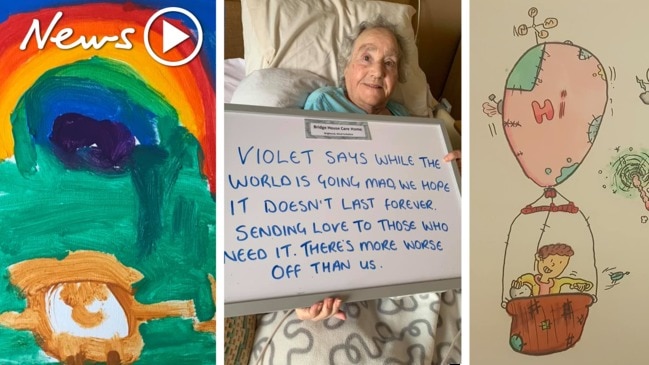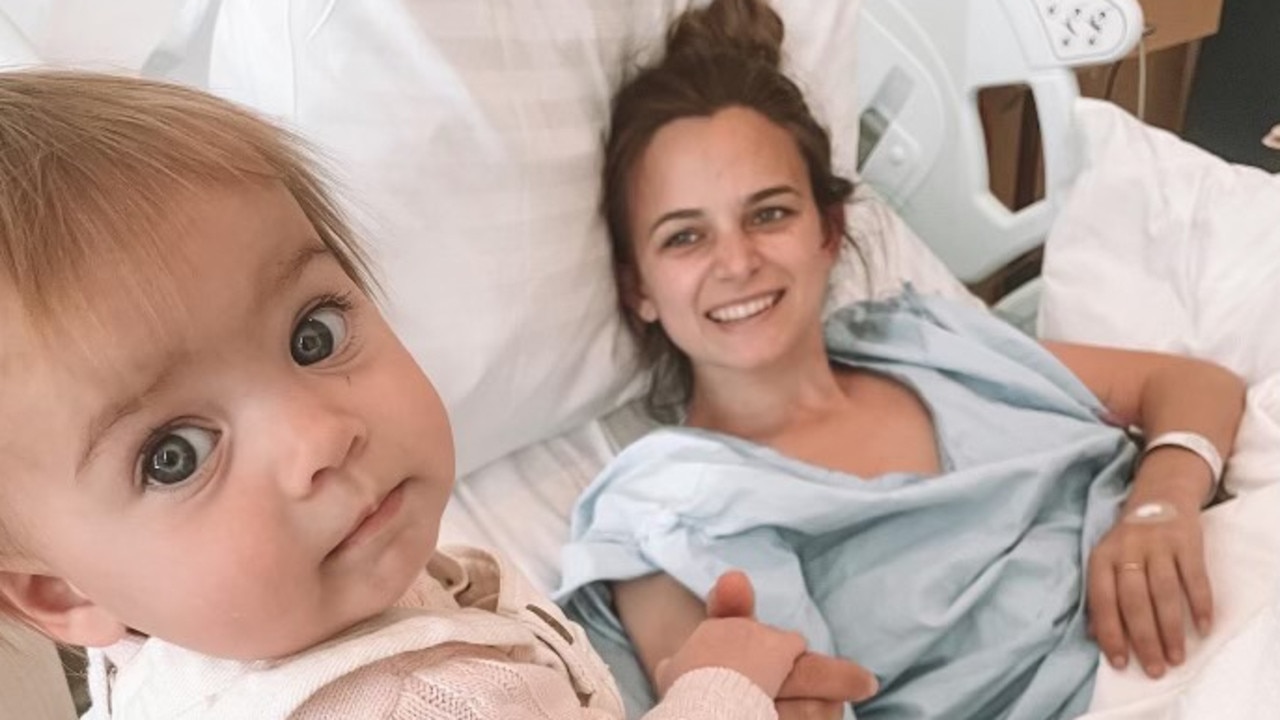Let’s Talk: COVID isolation takes toll on South Australians’ mental health
South Australians have suffered from their isolation this year, a new survey says, prompting calls for a “loneliness commission”.
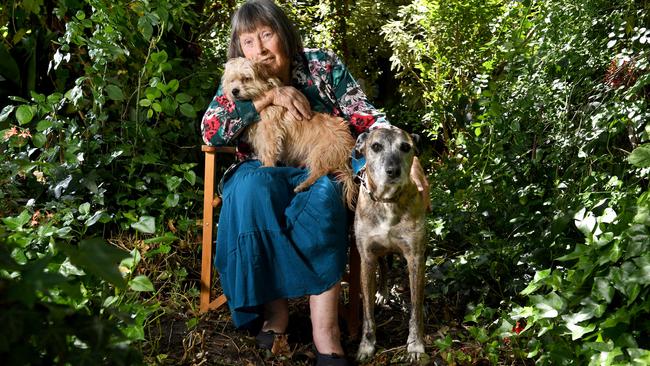
Lifestyle
Don't miss out on the headlines from Lifestyle. Followed categories will be added to My News.
More than one in two South Australians feel lonely, says new research recommending the state government establish an Overcoming Loneliness Commission to tackle ongoing mental health effects.
Uniting Communities SA, want the Commission to be part of the government’s COVID-19 recovery strategy as the state starts to climb out of lockdown II.
The not-for-profit group says various research worldwide has found the health impacts of loneliness are greater than obesity, or smoking up to 15 cigarettes per day, and have significant social and economic costs.
It’s “Overcoming Loneliness in SA” report surveyed 1600 South Australians four times from March to September 29. Released today (Nov 22) as part of The Sunday Mail’s Let’s Talk Campaign, the report’s key findings include:
MORE than 50 per cent felt lonely “some of the time” or “often;
WOMEN aged 18-24 and 75+, and men and women aged 50-54, felt the loneliest most often;
A SEVEN per cent increase in those feeling lonely at least some of the time as a result of COVID-19 lockdown, in April/May, compared to September.
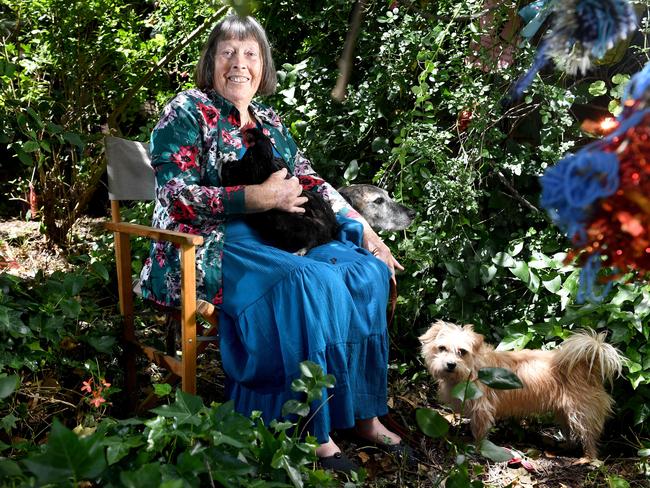
“The current uncertainty of lockdown II and isolation for some people could be very challenging, so it’s crucial that our post-COVID recovery plans include actions that will help bring us together again,” said Uniting Communities SA advocacy and communication manager Mark Henley.
He said it was important to recognise that people who were trapped in loneliness cannot easily pick themselves up or just make new friends.
“It’s recognised that having places to ‘bump into’ other people are important and having local activities that people can join also helps, but some people however will need others to help them overcome their isolation and loneliness and that includes people whose employment involves being ‘connectors’ to identify the extremely lonely and link them into safe connection with other people,” he said.
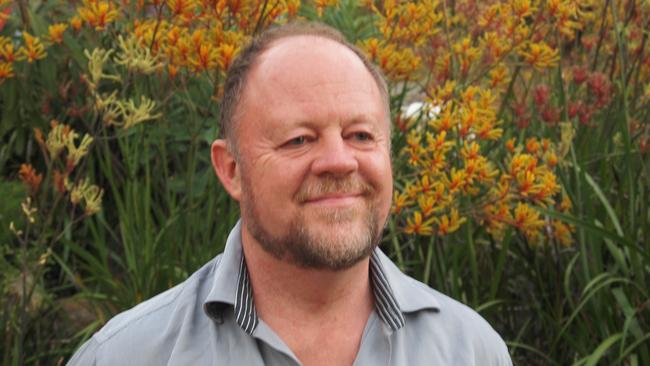
“As a society, we all need to play a role in helping to overcome loneliness,” said Mr Henley.
“Reaching out to neighbours is part of it, but companies, community, sporting and recreation groups as well as local and state governments all have a role.”
Mr Henley said an Overcoming Loneliness strategy was needed, directed by a Commission of diverse government and non-government sector representatives.
He said the strategy would look at public health education on the extent, impact, and risk factors of loneliness and the ways to prevent it and promote connection.
KEEPING CONNECTED IS BEST MEDICINE
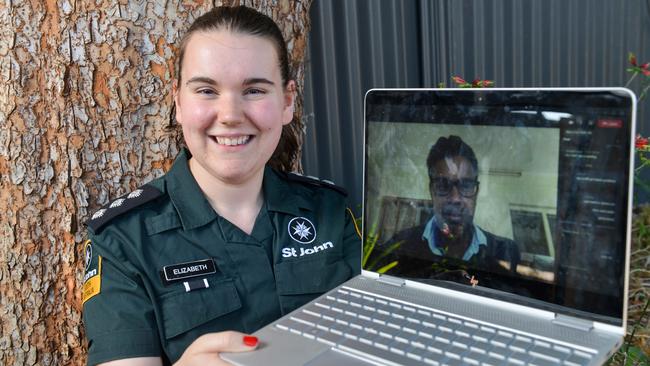
They are almost 60 years apart in age. One was born into the iGeneration and the other travels to her community centre in the Adelaide Hills to send emails.
What they have in common though is the best vaccine against loneliness – they are logged in to their community via volunteering.
Alice Shore, 80, and 22-year-old Elizabeth Cowan agree it’s this social connectivity, in part, that helps defy recent survey findings that women aged 18-24 and over 75 are the loneliness in SA.
“It’s important to find something that gives you purpose in life,” says Ms Shore, from the Adelaide Hills.
Ms Shore takes part in weekly art and exercise classes, volunteers at a local art gallery, is an active member of the Animal Justice Party and takes care of a small menagerie of rescue animals, including two dogs and four hens.
“Loneliness is temporary,” she says.
“I tell myself it will pass.
“It’s important to find something that gives you purpose in life so that you don’t indulge in self-pity or dwell on the past and understand there is always a life lesson to be learnt from plan, B, C or D.”
Millennial and Paramedic student Ms Cowan joined St John Ambulance SA when she was 16. She wanted to gain volunteering hours for a school community service award and to “get out of the house and be with other kids my age” after leaving the Girl Scouts.
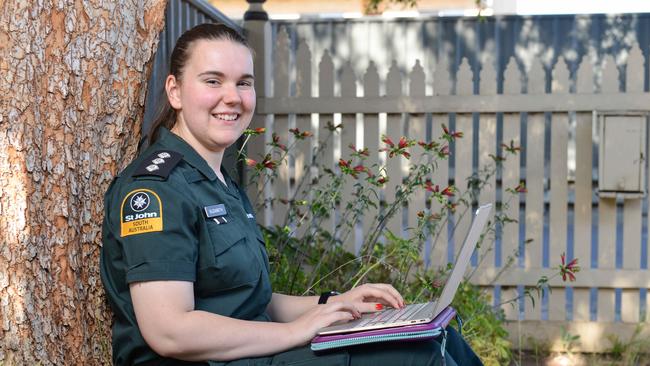
“There are times when you do feel isolated from everything but then I think about my family and uni friends, my volunteer friends and they are all a phone call away,” says Ms Cowan, from Adelaide’s western suburbs
St John Ambulance SA runs a support and companionship program for the elderly and those at risk of social isolation. For more on volunteering with St John, visit stjohnsa.com.au or email recruitment@stjohnsa.com.au
More Coverage
